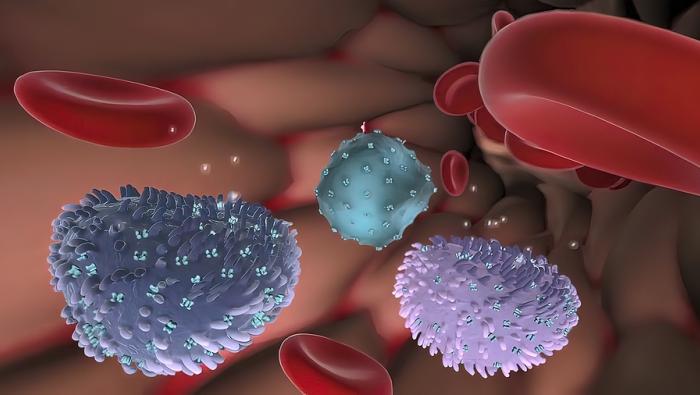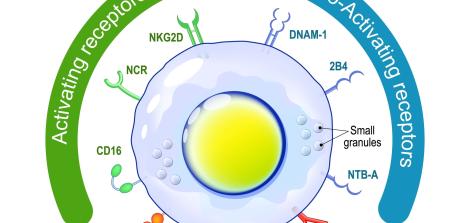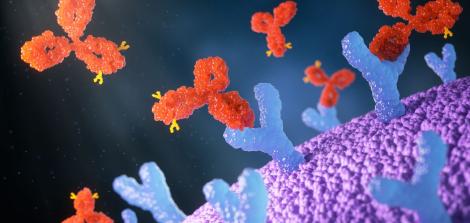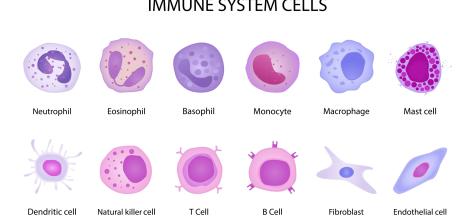The Endocrine System

The endocrine system, also known as the system of internal secretion, is a network of glands distributed throughout the body that produce and release hormones directly into the bloodstream. These hormones act as chemical messengers, influencing the activity of various organs and cells to regulate essential processes such as growth, metabolism, and the maintenance of internal balance.
What glands make up the endocrine system?
The main components of the endocrine system include the hypothalamus (located at the base of the forebrain), the pituitary gland, the thyroid gland, the pancreas, the adrenal glands, and the reproductive glands (the testes in males and the ovaries in females).
How do hormones work?
Hormones act in tiny amounts, binding to specific receptors on target cells to trigger their effects. Because they’re released directly into the bloodstream, they can travel to distant organs and regulate long-term physiological processes.
How does the endocrine system regulate hormone levels?
The system maintains balance through two key feedback mechanisms. When hormone levels in the blood are too high, the gland slows its production. When hormone levels drop, the gland increases secretion to restore balance. In addition, enzymes in the blood and liver help break down excess hormones to prevent damage.
What are endocrine disruptors, and why are they dangerous?
Endocrine disruptors are chemical substances (found, for example, in plastics and pesticides) that can interfere with normal hormonal activity. They may imitate or block natural hormones, leading to developmental damage in systems such as reproduction and the nervous system, particularly when exposure occurs during pregnancy or early childhood.
At the Dangoor Center for Personalized Medicine, researchers have been investigating the connection between the endocrine system and gut bacteria, aiming to better understand how these microorganisms influence both physical and mental health.
Last Updated Date : 05/11/2025








